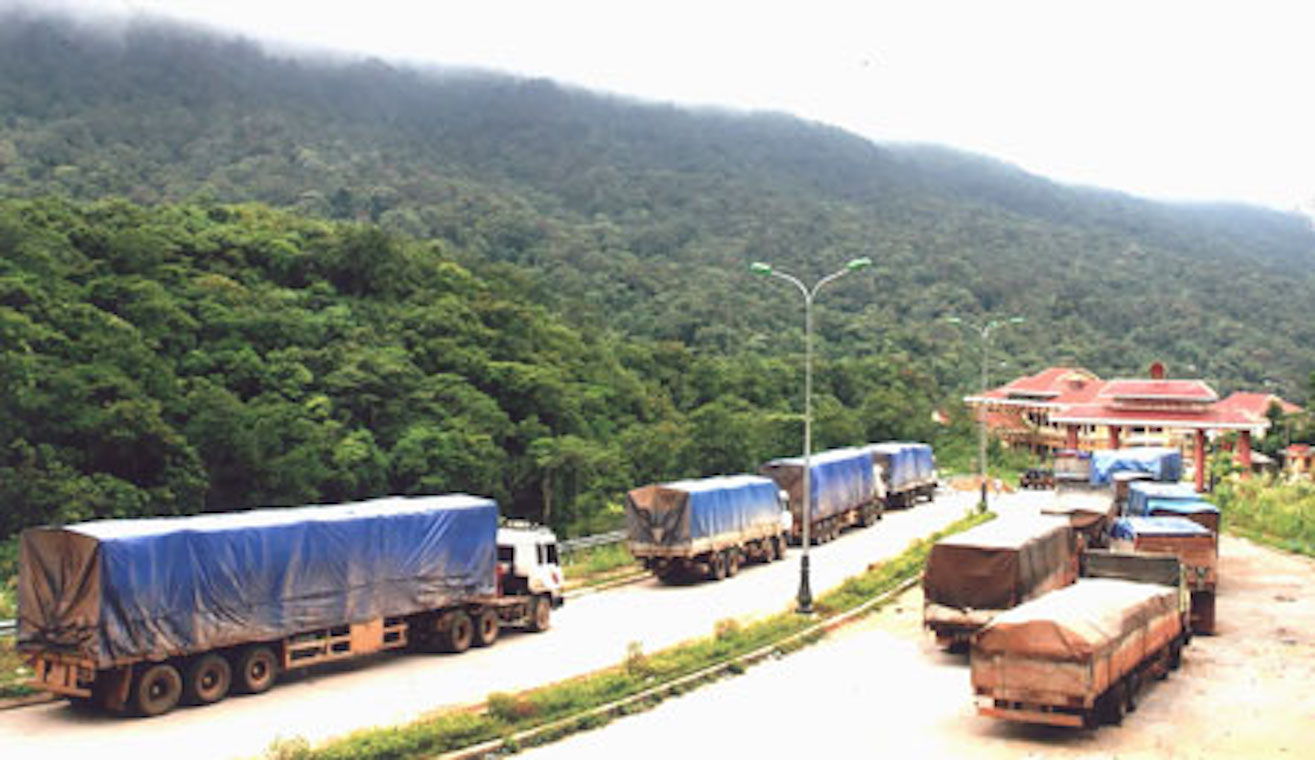
Under the new guidelines, every household should own some tools and machinery such as a tractor. There should be at least one tractor per household, one motor pump per household and one food grinder per household. This apart, there should be one spinning motor and one rice mill per household, according to fresh directives from the Ministry of Finance.
One person may import or export agricultural and plant products per day as follows: sweetcorn seeds – 10kg; plant seeds – 200g; 5kg of bean seeds; 10 bottles of mushroom spores, 5kg of fresh mushrooms, two sacks of chemical fertiliser, 5kg of herbs, 10kg of fresh fruit, and 10 ornamental or industrial tree saplings. The permissible quantity of processed animal and fishery products per person per week is 30kg, as well as 3kg of fresh seafood, 2kg of dried seafood, 15kg of grass seed for animal feed, and 500 fish fingerlings measuring 3-5 cm.
The guidelines are directed at better management of the export and import of commercial goods in accordance with the laws and regulations. The regulations especially aim to improve plant and animal health and protect the environment. The monitoring of imports and exports will be carried out at all customs checkpoints. Special attention will be paid to plants, animals, the environment and management of state revenue. Implementation of the directives will be undertaken in line with the relevant laws and regulations.
Exports and imports will not be subject to taxes or customs duty if the goods are valued at not more than US$50, as stated in Article 19 on duty-free items under the Customs Law and other regulations. If the value of the goods is more than US$50, goods must be inspected at major international border crossings. If the exporter or importer of such goods is licensed by the relevant sectors or registered they will not be taxed.
Information source: Vientiane Times.


